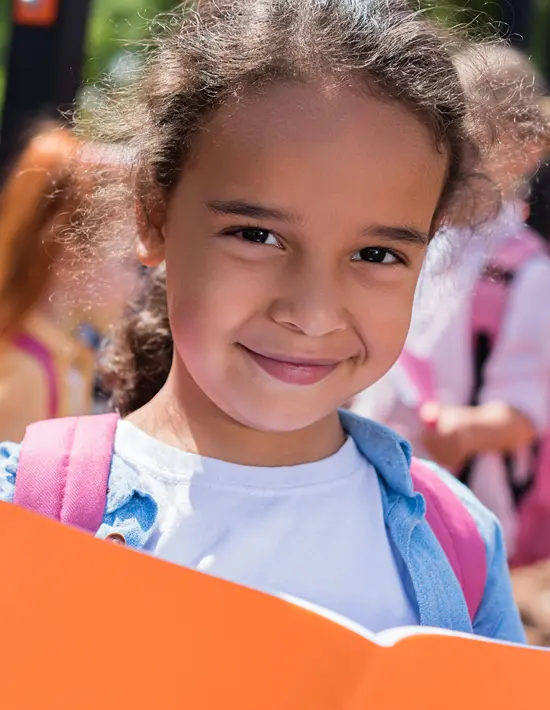How Speech Disorders Shape A Child’s Academic Path
Speech disorders can affect much more than how a child pronounces words. Communication is closely tied to learning, participation, and confidence in the classroom. When a child struggles to express thoughts clearly or understand spoken language, academic progress can be influenced in subtle but meaningful ways.
Early identification and consistent support play an important role in helping children reach their full potential and feel capable within their school environment.
Language Skills and Classroom Learning
Strong speech and language abilities support reading, writing, and comprehension. Many early literacy skills rely on phonological awareness, which involves recognizing and manipulating sounds in words. Children with articulation challenges or language delays may find it harder to connect sounds to letters, slowing reading development and affecting spelling accuracy.
Oral instructions are central to classroom routines. Students must process directions, ask questions, and engage in discussions. When expressive or receptive language skills are limited, children may miss key information or hesitate to participate. Over time, gaps in comprehension can affect performance across subjects, including math, science, and social studies.
Speech disorders may also impact written expression. Organizing ideas, forming sentences, and using correct grammar depend on underlying language skills. Difficulties in verbal communication can translate into challenges with written assignments, presentations, and standardized assessments that measure academic growth.
Social Interaction and Confidence
Academic success is closely connected to social development. Children who feel confident speaking are more likely to collaborate with peers and engage in group activities. Speech difficulties can sometimes lead to frustration or embarrassment, especially if classmates struggle to understand them or respond impatiently.
Avoidant behaviors may develop when children fear being called on or speaking in front of others. Reduced participation limits opportunities to practice language skills and build relationships. Emotional responses such as anxiety, low self-esteem, or withdrawal can further affect classroom performance and motivation to learn.
Supportive environments make a significant difference. Teachers who encourage patience and model respectful listening help create a safe space for communication. Peer awareness activities can promote empathy and inclusion, strengthening classroom relationships.
Early Intervention and Ongoing Support
Early screening allows professionals to identify speech and language challenges before academic gaps widen. Speech language pathologists assess articulation, fluency, and comprehension skills to determine appropriate interventions. Targeted exercises improve sound production, vocabulary development, and sentence structure.
Collaborative approaches that include families and educators strengthen progress. Programs such as speech therapy for schools integrate support directly into the learning environment, making it easier for children to apply new skills in real time. Consistency across home and school reinforces improvement and builds confidence.
Accommodations such as extra processing time, visual supports, or alternative presentation formats can reduce pressure while skills develop. Regular monitoring ensures that strategies remain effective as academic demands increase.
Speech disorders can influence academic outcomes in ways that extend beyond communication alone. With timely intervention, structured support, and a positive classroom culture, children can strengthen language skills, improve participation, and build the confidence needed for long-term educational success. For more information, feel free to look over the accompanying infographic.
The-Hidden-Impact-of-Speech-Disorders-on-Academic-Success











